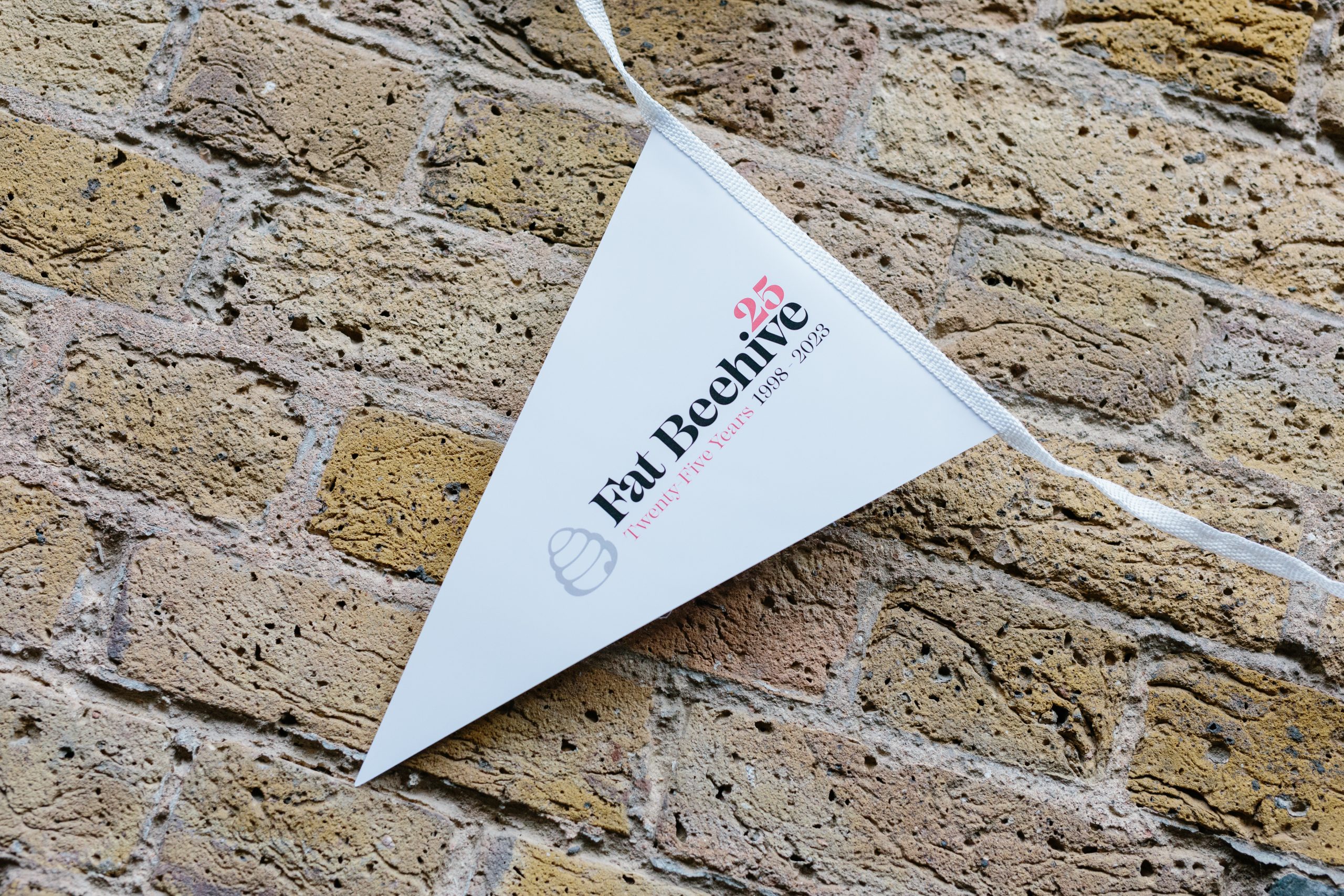In July this year, Daniel joined the Fat Beehive team as a frontend developer and has since begun working with a number of clients across the third sector. Previously a dancer and fitness instructor, we sat down to talk about his remarkable journey up to now and why coding offered him opportunities he hadn’t thought possible before to coincide with National Coding Week.
Tell us a little bit about yourself and how you got into coding?
‘Where to start? Once I finished university I started to dance, which had always been a passion of mine and I was dancing for around 10 years. I still love to dance, though not professionally it’s more or less only after a few pints now! It was great fun but financially I wasn’t sure it was a viable option, so I switched to more fitness based roles. I started managing fitness studios which I loved! I wasn’t sure it was what I wanted to do all my life but it was great at the time and it offered me a healthy and happy lifestyle.
I’d been with a new studio for 2 or 3 months when Covid struck and that was obviously damaging for the health and fitness sector. I was placed on furlough and for a while when the weather was good it was non-stop fun, drinking in the park and going on long walks was really all that I did for a few months. After a few months, however, I started to suspect redundancy may be around the corner as the pandemic wore on and so I started to reflect on my career options. I did start to think about dance again but after a conversation with my brother, I researched coding and thought it looked like something I could get involved in.’
Had you ever considered coding as a career before the COVID-19 pandemic or was this a leap into the unknown?
‘To me, coding had always been something completely inaccessible and just simply not an option. Even when I spoke to friends and family I think it came as a surprise to them because it was this job reserved for people who studied computer science or people in films who hack into systems as part of a bank robbery! On top of that, I thought I had probably missed the boat being 34, so I guess I saw a lot of red flags being waved before I’d even started.
I had looked at a few other options during that time too, I considered a more manual job such as being a plumber or electrician and I’d even looked into engineering. For all of these options though, there was always an apprenticeship route or 2-3 years of study needed before I would be where I wanted to be and I felt as though I just didn’t have that time available. Funnily enough, around that time I caught up with an old colleague who explained how he’d got into coding and basically expelled all the myths I’d heard about! He explained how he’d recently completed a boot camp in 12 weeks and was now in a new job in the tech sector, after that I really started to give it some thought and after some research, I took a bit of a gamble and signed up for a class myself!’


